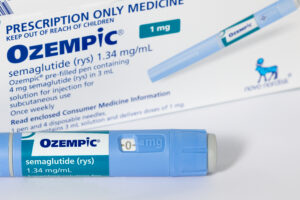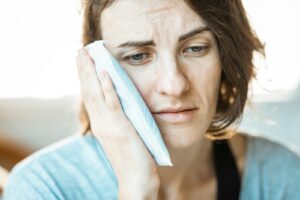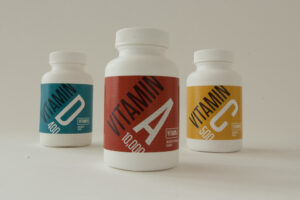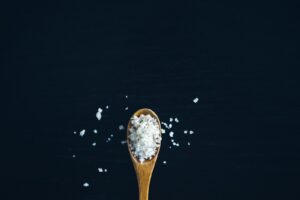One-third of people struggle with insomnia at some point. Many have trouble sleeping now and then. Stress, distractions, and diet all play a role. What you eat affects how well you sleep. Some foods make you drowsy, while others boost energy. But what’s fact and what’s fiction? Can cheese cause nightmares? Does warm milk really work? Let’s break it down!
Carbs or Protein? Both!
Both carbs and protein contribute to better sleep. But why?
Tryptophan: The Sleepy Amino Acid
Tryptophan helps produce serotonin and melatonin, which aid sleep. This amino acid is found in milk, yoghurt, oats, bananas, poultry, eggs, and peanuts.
But there’s a catch! Tryptophan must cross the brain’s security system (the blood-brain barrier). It competes with other amino acids. Carbs help by boosting insulin, which clears competing amino acids. This gives tryptophan better access to the brain.
More research is needed, but adding carbs to tryptophan-rich foods may help improve sleep.
Sleepy Drinks: Myths vs. Reality
Hot Chocolate
A comforting bedtime drink, but beware! Many brands contain caffeine, which can keep you awake. If you struggle with sleep, swap it for herbal tea or a malt-based drink.
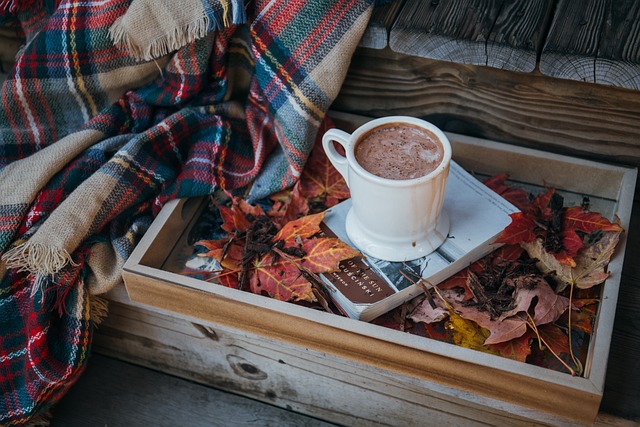
Warm Milk
It contains melatonin and tryptophan. But does it actually boost melatonin levels in the body? Scientists aren’t sure. Try pairing warm milk with cereal for a sleep-friendly combo.
Alcohol: The Sneaky Sleep Stealer
A nightcap might make you drowsy, but it disrupts deep sleep. Alcohol reduces REM sleep, leading to restless nights and frequent wake-ups. It also causes snoring by affecting breathing patterns.
Sleepy Tea
Chamomile increases glycine, a natural nerve relaxant. Valerian, used since ancient Rome, may help you fall asleep faster. Passionflower also promotes relaxation by increasing GABA levels, which calms the nervous system.
Water
Hydration is key! Dehydration can wake you up thirsty, while drinking too much before bed may cause frequent trips to the bathroom. Women should drink 1.6 liters daily, men 2 liters.
Timing Matters!
Your internal clock isn’t just about sleep; it’s linked to eating habits too. Studies suggest irregular meal times disrupt sleep patterns. Mice forced to eat at odd hours had trouble sleeping. This may apply to humans as well.
Establish a Routine
Regular meal times improve sleep. Try eating dinner four hours before bed. Create a bedtime ritual, like drinking a soothing tea.
Larks vs. Owls
Morning people eat breakfast right after waking. Night owls skip breakfast and eat late. Your eating schedule might be linked to your natural sleep cycle!
Foods and Drinks That Disrupt Sleep
Caffeine: The Ultimate Sleep Disruptor
Caffeine delays melatonin production and keeps you alert. A double espresso three hours before bed can push back your body’s sleep signals by 40 minutes. If you have trouble sleeping, avoid coffee in the afternoon and evening.
Sugar: A Recipe for Restless Nights
A high-sugar diet leads to nighttime wake-ups. It gives a quick energy spike, making it harder to wind down. Avoid sugary foods before bed.
Cheese: The Nightmare Myth
For centuries, people blamed cheese for bad dreams. It contains tyramine, which affects noradrenaline levels in the brain, linked to REM sleep and dreaming. However, many foods contain tyramine, so cheese may not be the culprit after all.
Spicy Foods: Sleep’s Worst Enemy
Spicy meals can cause indigestion and raise body temperature. A drop in body temperature signals sleep time. A study found that people who ate spicy foods slept less and took longer to fall asleep. If you struggle with sleep, skip the late-night hot sauce!
Final Tips for Better Sleep
- Eat a balanced mix of carbs and protein.
- Try herbal teas like chamomile or valerian.
- Stay hydrated, but don’t overdo it before bed.
- Avoid caffeine, sugar, and alcohol late in the day.
- Stick to a regular eating schedule.
- Skip spicy foods in the evening.
By making small changes to your diet and routine, you can sleep better and wake up refreshed!




